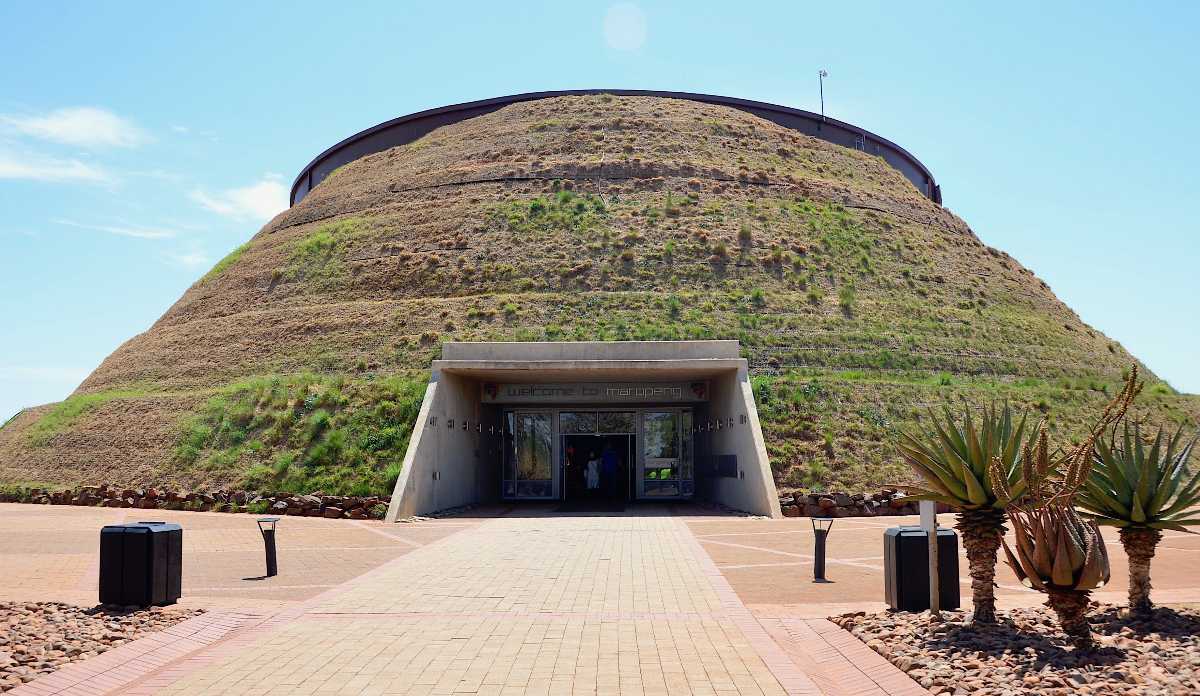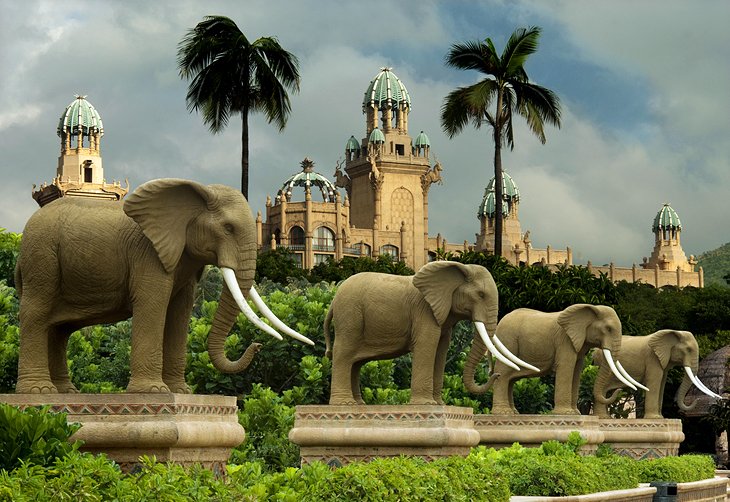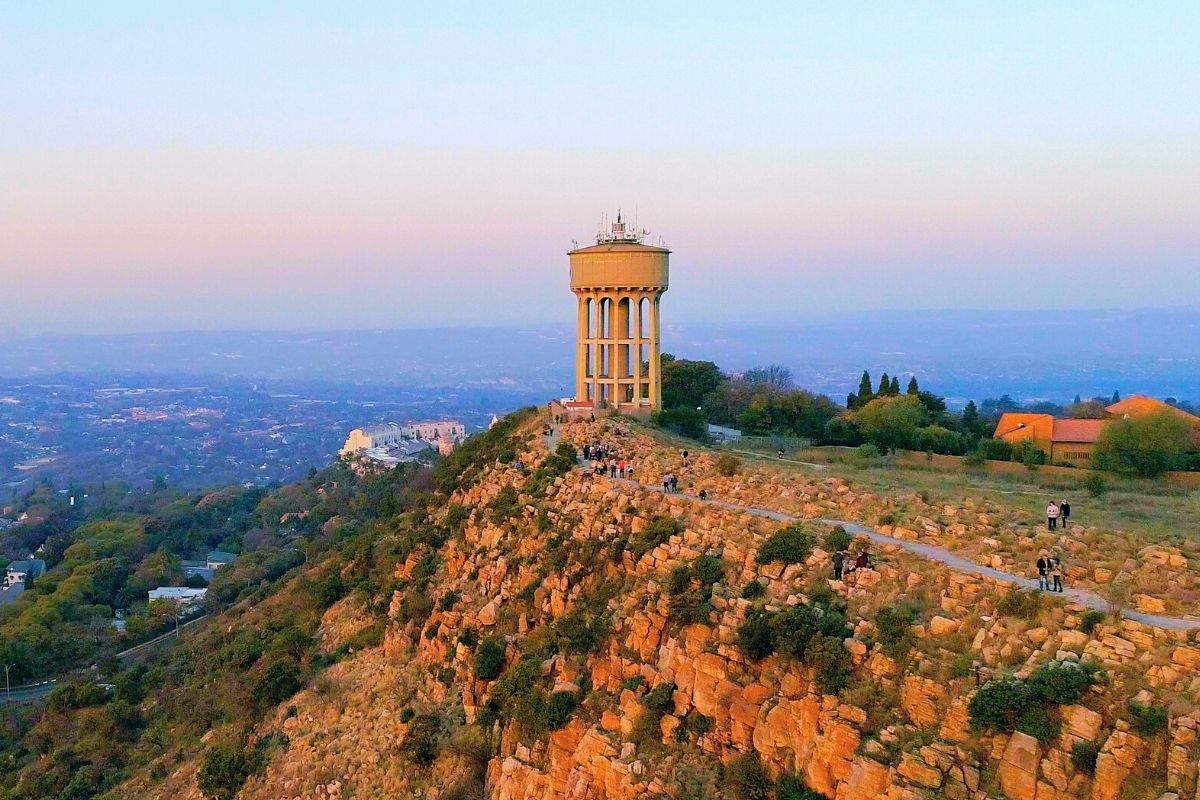Johannesburg North Attractions - An Overview
Johannesburg North Attractions - An Overview
Blog Article
The 45-Second Trick For Johannesburg North Attractions
Table of ContentsThe Best Strategy To Use For Johannesburg North AttractionsJohannesburg North Attractions - An OverviewJohannesburg North Attractions for BeginnersJohannesburg North Attractions Can Be Fun For EveryoneThe Single Strategy To Use For Johannesburg North AttractionsAn Unbiased View of Johannesburg North AttractionsJohannesburg North Attractions Fundamentals Explained
You must maintain safety in mind and visitors must remain sharp at all times when in unknown surroundings. Talk to the citizens when you are in town to learn about the location you are remaining in. Johannesburg North attractions. When on the road (this does not relate to mall and various other secure atmospheres) ideal general suggestions is to try your ideal to look like a regional and to prevent displaying any kind of wealth
How Johannesburg North Attractions can Save You Time, Stress, and Money.
Teacher Revil Mason O. J. (Thomson, 1946) discovered the Witwatersrand's pre-colonial history. His archaeological job blew up the 'em pty land' myth, according to which the region was devoid of human habitation prior to the arrival of European inhabitants. In his publications Prehistory of the Transvaal: A Record of Human Activity (1962) and Beginnings of Black Individuals of Johannesburg and the Southern Western Central Transvaal AD 3501880 (1986 ), Professor Mason demonstrated the degree of social and economic advancement in the area before Europeans set foot here.

Some Known Factual Statements About Johannesburg North Attractions
In 1878, David Wardrop found gold in quartz capillaries at Zwartkop, north of Krugersdorp. In 1881, Stephanus Minnaar came across gold on the ranch Kromdraai, near the Cradle of Mankind.
In March 1886, an outcropping (quickly to be called the Main Reef) was found, quite luckily, on Gerhardus Oosthuizen's farm Langlaagte. Some state that the Lancastrian coal miner George Walker found this coral reef. An additional travelling English miner, George Harrison (that had previously operated in Australian mines) obtained a prospecting permit in respect of Langlaagte in May 1886.
He chose to go on in a pursuit for greener fields, and disposed of his Langlaagte case for the baronial amount of 10. Alas: beneath lay the wealthiest goldfield ever before discovered. The exploration of this rich auriferous coral reef prompted a gold rush that indicated the end of bucolic serenity in the southerly Transvaal.
It would, within six years, end up being the biggest community in southern Africa. Within a years, it would make the Z. A. R. up until then an anarchical and bankrupt little state the richest nation in Africa. By the millenium, the Z. A. R. was to go beyond Russia, Australia and the USA of America to end up being the world's leading gold producer, generating greater than a quarter of the globe's gold.
All about Johannesburg North Attractions
It was known as Ferreira's Camp, called after Colonel Ignatius Ferreira. He was a Boer adventurer upon whom the British authorities had actually bestowed the condition of Companion of the Most Identified Order of St Michael and St George (entitling him to the post-nominal letters C. M. G.) in gratefulness for his function in the battle that had deposed the Pedi king Sekhukhune in 1879.
Soon the camp was including outdoors tents and wagons as newcomers showed up daily from far and wide. By September 1886, some 400 individuals lived in Ferreira's Camp, which quickly boasted upraised iron and timber structures. 2 other camps were developed: Meyer's Camp on the ranch Doornfontein, and Paarl Camp. The latter was nicknamed Afrikander Camp; many individuals from the Cape Swarm worked out there.

The 10-Minute Rule for Johannesburg North Attractions
This name got money by word of mouth, such that the State Secretary verified the name to the Mining Commissioner on 9 October 1886. Stands in the town were auctioned on 8 December 1886. While some stands were sold for 10, others were torn down for as little as sixpence.
Two years later on, these erven were to alter hands for as high as 750 each. The tented camps diminished as a dorp of corrugated iron structures established and expanded north of the mines situated along the Key more tips here Reef Road. Areas such as Jeppe's Town (where working-class immigrants erected their homes) and Doornfontein (where the upscale new 'Randlords' began to construct their opulent homes) were soon added to the ever-expanding map of the community.
The Best Strategy To Use For Johannesburg North Attractions
Aside from the road names, there were no indications of Johannesburg being situated in a Dutch-speaking country. Years later, C. W. Kearns O. J. (among the very first young boys enrolled at St John's College in 1898) would recall: 'An a knockout post odd reality regarding Johannesburg was that, although it remained in the [Boer Republic], virtually every person talked English and even the Government servants attended to one in English, unless they were very first resolved in the Taal (or Low Dutch)'.
As such, Britain had an interest in ensuring ideal conditions for gold manufacturing on the Witwatersrand, which the gold was exported to London rather than Berlin a vital rendered all the extra clamant by the Z. A. R - Johannesburg North attractions.'s enhancing toenadering with Germany. Mine proprietors were on a clash with President Kruger, whose plan of monopolistic concessions (usually granted to his cronies) stopped mining business from acquiring materials of materials (particularly dynamite) and labour by themselves, cheaper terms
Fascination About Johannesburg North Attractions
In 1890, the Volksraad had restricted the franchise business to white guys that had stayed in the Z. A. i loved this R. for fourteen years or longer, therefore disqualifying the majority of the immigrants (that occurred to be the significant contributors to the fiscus). However, anxiety for the vote was a mere pretense for promoting a different schedule; most uitlanders regarded themselves as momentary site visitors and had no intention of remaining in the Z.
Report this page